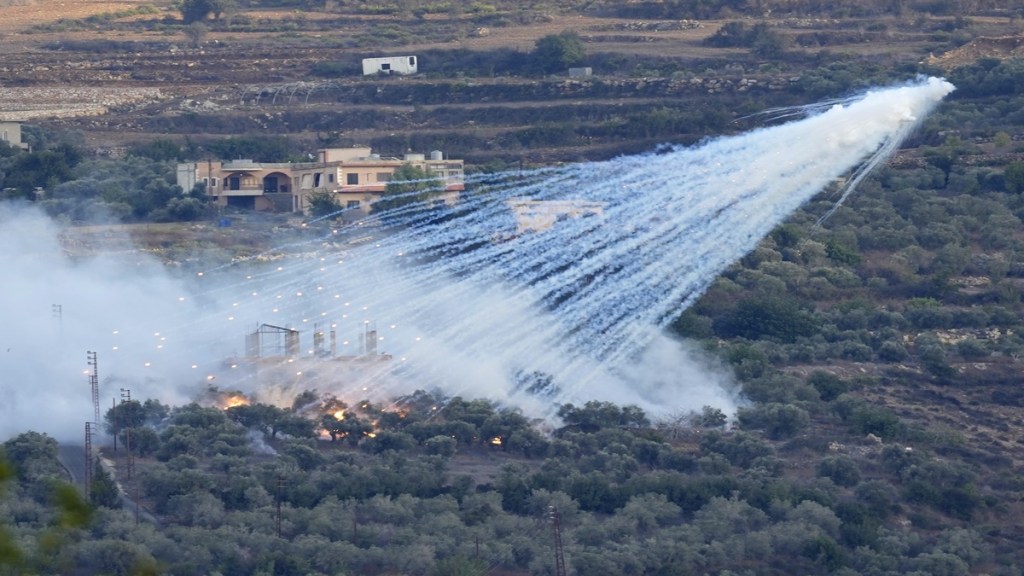Medics reported that Israeli airstrikes overnight in Rafah, near the Gaza border, resulted in the deaths of 17 individuals on Saturday. With over a million Palestinians packed into the city, tensions are high as they brace for a potential full-scale offensive, while the rest of the enclave lies in ruins, leaving them with no escape route.
Military Orders and Civilian Concerns
Four months into the conflict, Israeli Prime Minister Benjamin Netanyahu‘s office has instructed the military to devise a plan to evacuate Rafah and eliminate four alleged Hamas battalions stationed there. The Israeli military confirmed the deaths of two Hamas operatives in Rafah on Saturday. However, civilian safety remains a major concern, as previous directives for civilians to flee south before assaults are now obsolete, leaving aid agencies warning of imminent peril.
International Concerns
The prospect of an assault on Rafah has drawn international apprehension. British Foreign Secretary David Cameron and Dutch Foreign Minister Hanke Bruins Slot voiced their concerns on social media platforms, emphasizing the potential for civilian casualties and advocating for an immediate halt to hostilities.
The United Arab Emirates (UAE) too has conveyed profound concern regarding the Israeli military’s readiness to initiate an operation in the Rafah region, situated in the southern part of the Gaza Strip, where displaced Palestinians have sought refuge. The UAE Ministry of Foreign Affairs issued a statement expressing apprehension about the potential severe humanitarian consequences stemming from such military actions.
Emphasizing the importance of preserving innocent lives, the Ministry cautioned against any military maneuvers that could escalate the ongoing humanitarian crisis in Gaza. It underscored the imperative of respecting international humanitarian law and avoiding actions that could lead to further loss of civilian lives or exacerbate the already dire situation in the region.
Airstrikes and Regional Ramifications
The conflict in Gaza, which erupted on October 7th, has resulted in significant casualties on both sides. Israeli airstrikes and ground offensives have devastated the region, with over 28,000 Palestinians, predominantly civilians, reported dead. The escalation has also sparked tensions across the Middle East, including clashes between Israel and Lebanon’s Hezbollah, and flare-ups in Syria, Iraq, and Yemen.
Continuing Conflict
Despite ongoing ceasefire talks, violence persists. Israeli airstrikes continue to target Gaza, leaving much of the territory in ruins and prompting mass displacement. The situation in Rafah remains dire, with recent airstrikes causing further civilian casualties and destruction.
The humanitarian situation in Gaza continues to deteriorate, with essential infrastructure damaged and a significant portion of the population rendered homeless. The continued warfare exacerbates the suffering, with hospitals and medical facilities also coming under fire, raising concerns about access to healthcare for the wounded and displaced. As tensions escalate and violence persists, there is no clear path towards resolution. The limitations of evacuation proposals are evident, and the prospect of further displacement raises fears of a worsening humanitarian catastrophe.
(With Agency Inputs)


